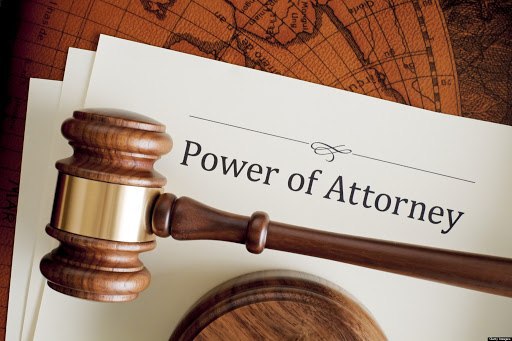This is a legal document that permits people you trust to make decisions on your behalf when you are no longer mentally fit to do so. No one wishes to be found in such a situation. However, unfortunate events like accidents or illnesses can render an individual mentally incapacitated. Having an LPA can save the day.
Types of LPA
There are two types of LPA; both of them have different purposes. Some LPAs oversee your finances, others cater to your health. You may need one or both, depending on your circumstances.
-
Property and Affairs
You can create this LPA to grant those you trust the permission to oversee your financial affair when you no longer have the capacity to do so. They determine what to do with your property, bank accounts, and building society accounts. This does not imply that they can just do whatever they like. Far from it, they make decisions that are in your best interests, depending on your specifications.
They can receive and use your benefits to cater for your expenses, senior centre membership fees, and utilities. Having an LPA does not take away your rights. On the contrary, it ensures a control of rights in situations where you can’t make decisions anymore.
-
Health and Welfare
Having this LPA enables your attorney(s) to make decisions in regard to your health and personal welfare. Only those that you trust can decide what type of health care you get, including medical treatment decisions. They also have control over where you stay – whether at home or in an ideal care home. Also, the LPA permits them to oversee your daily routine, one of which includes your mealtimes. With LPAs UK, you can create an LPA in just minutes. Have the details that will be requested from you ready.
Individuals Involved in Creating an LPA?
Creating an LPA is not a one-man’s job. The following people play a role in making an LPA: the donor, attorney, certificate provider, witnesses, and other members the donor choose to notify.
-
The Donor
This is the person creating the LPA, which in this case is you.
-
Attorney
Anyone over the age of 18 can be appointed as an attorney.
-
Certificate Provider
This individual ascertains your willful decision to make an LPA by signing the LPA form. They can either be a professional, like a solicitor, or someone you trust. This attorney also ensures that you understand your decisions. Here are some rules for appointing a certificate provider:
- The individual must not be under 18.
- Family members are illegible.
- Paid employees or business partners are illegible.
- Owners, managers, directors, and employees of a homecare you reside in are illegible; as well as their family members.
4. The Witnesses
You can appoint anyone over 18 to be your witness. Witnesses can also be certificate providers. However, attorneys cannot be witnesses.
5. Other Special Members
When making an LPA, you need to notify up to five people about it. They do not have to sign the form. You just have to send them notification letters when registering your LPA. These individuals have three weeks to express concerns and objections (if any). This confirms that you are making this LPA voluntarily.
